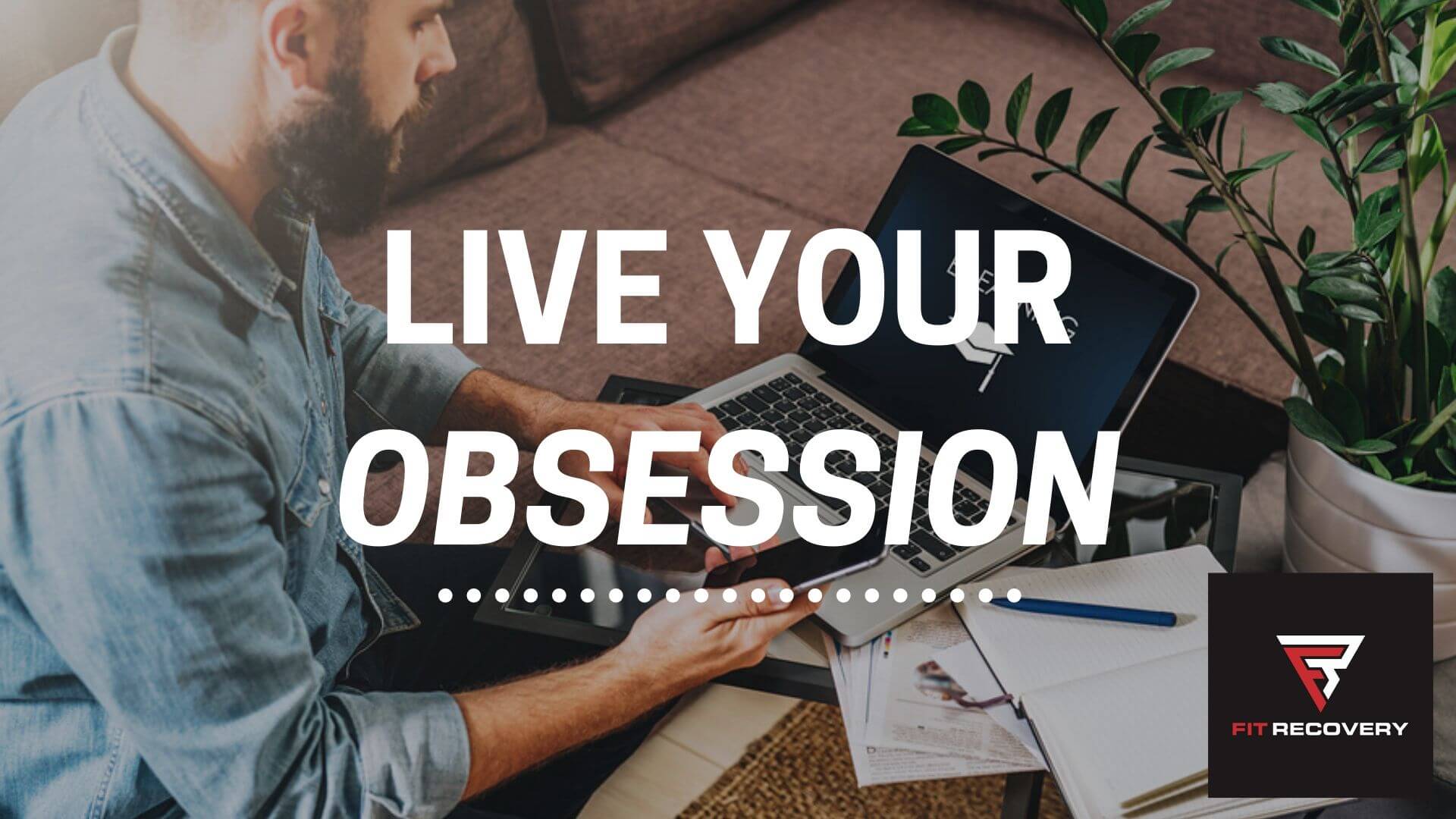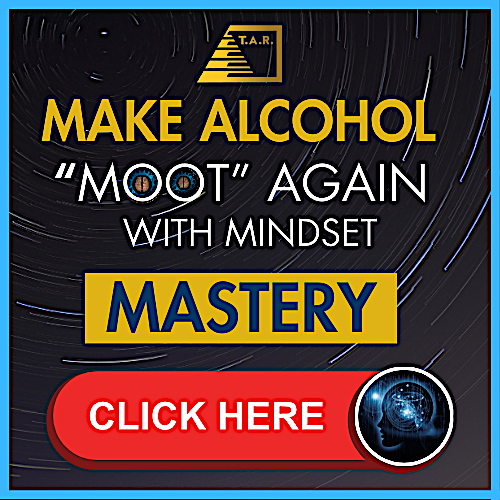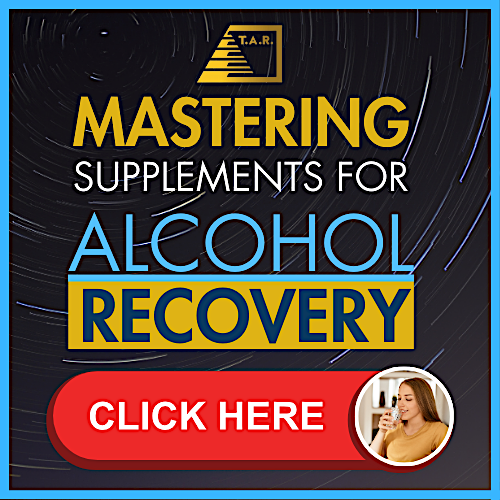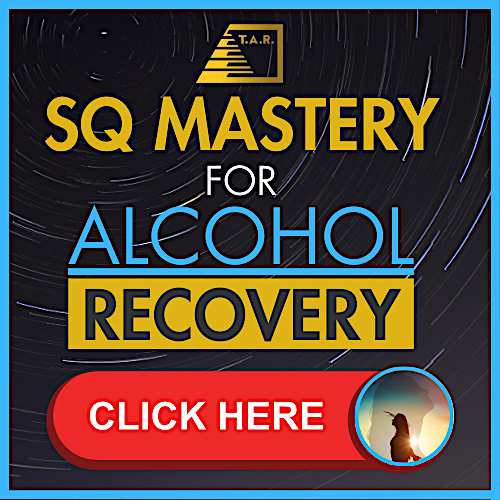This website began as an attempt to motivate people who could relate to the horrors of my heavy-drinking my past. I had no idea that my newfound mission would eventually turn my old “real jobs” into mere stepping stones.
That this ultimately came to pass is still surreal to me. My former careers – mostly in finance, with a brief stint in technology – had seemed like the most important things in the world at the time. I was often reminded that “other people would kill for your job!” I felt guilty for failing to muster the passion that my bosses deserved. While I know that my addiction was a biochemical phenomenon that gave clues long before I entered the workforce, I also believe that my guilt over hating my jobs hastened the pace at which I descended to rock bottom.
In my state of alcohol-fueled delusion, the futility of finding fulfillment at work began to seem like a conspiracy. I lived in a society that apparently wanted me to do mind-numbing work for the rest of my life. After wasting away all day in a cubicle, my social life involved meeting up with friends for drinks, with conversations beginning like this: “So, how’s work?” My half-truths in response to this question further drained me.
Now I can see that there was no conspiracy. The only thing that compelled me into jobs I disliked was my own hungover complacency. Even more, the very same “system” that seemed to swallow years of my life also enabled the rise of the Internet, which eventually liberated me (and millions of others) from 9-5 drudgery.
The story of how I built a viable career out of my pursuit of a better recovery is worth discussing for several reasons. It shows that the desire to harness your talents to enrich the lives of others is the key to personal fulfillment. It also highlights the possibility of an independent career path for those of us who fall into the “creative” category. For whatever reason, we seem to find ourselves at a higher risk for sliding into chemical dependency – and for hating traditional jobs.
Yet there is an even deeper reason that I want to share this story. Many problems attributed to “the disease of alcoholism” are by no means confined to ex-drinkers: restlessness and discontent are everywhere, and very few people are happy with their current jobs. According to a recent poll, 70% of Americans feel unfulfilled by their work. (source)
Of course, there is also a physiological component to mass discontent. Walk into any grocery store and observe the sheer amount of sugar-laden, pro-inflammatory, highly processed foods packed into the average cart. Nearly 70% of Americans take prescription medications, with antibiotics, antidepressants, and opioids leading the list. (source)
So much for the so-called “normies.” Only a minority of people take care of their bodies and pursue work that excites them. If you’re trying to conquer alcohol addiction, it’s within your power to frame recovery as an opportunity to get a fresh start in these two areas – health and fulfillment – where the vast majority of people fail.
As for myself, I did not shift into a healthy lifestyle and meaningful career overnight. Before I started Fit Recovery, I left behind a lucrative career in finance to make $25 per hour as a personal trainer. Among my friends, many of whom still wore suits and climbed ladders at big banks, the inside joke was that I might lose my mind, dress up like a clown, and hide out in the woods, in line with bizarre news reports of “clown scares.” Pay cuts can be scary.
My friends had a laugh when I actually was paid a piddling amount to be a clown during a children’s party at the gym.
As a trainer, I genuinely enjoyed helping people transform their fitness. My work felt meaningful; watching people achieve their physical goals was infinitely more satisfying than crunching numbers. Still, my lofty vision was to help even more people beat alcohol addiction via the Internet. My creative nature yearned for freedom from designated hours in the same old place. I now see the clown ordeal as the universe’s attempt to make me laugh during a period in which I often wondered whether I would only feel semi-fulfilled for the rest of my life.
For about two years, I split my time between the gym – training people and rebuilding my body from the ravages of alcohol – and this website, which was my real obsession. I stayed up late, reading dozens of books and hundreds of studies on alcohol addiction. Even though few people were reading my articles, I knew that I had stumbled across life-altering information that mainstream recovery programs were ignoring. I wanted to guide people toward feeling physically better, and in so doing, help them to complete their own spiritual transformations. But how on earth would I find these people?
At several points, I considered giving up on this project completely. The costs of maintaining my website – hosting fees, software purchases, hours spent writing instead of training – were compounded by my obsession. I was spending thousands of dollars on supplements and healthy foods to support my own recovery. I felt great, but I spent a lot of money.
Like many novice bloggers, I had an Amazon affiliate account that allowed me to earn a few cents each time someone bought something that I recommended. After writing over 30 articles, I finally received a check for $11. I was extremely excited and immediately blew the proceeds on an $11 supplement (from Amazon) called DLPA.
While that particular supplement changed my life, $11 every few months was not enough to sustain my efforts. I decided to write my first eBook, Drinking Sucks!, and was thrilled to make a sale immediately. I quickly discovered that the buyer was my uncle. I was grateful for his interest, but I wanted to earn my financial freedom from strangers who valued my work.
I began reading books about how to create a successful website and stumbled upon guest posting, in which bloggers offer free articles to other bloggers in similar niches, as a strategy for growing my audience. Writing for other websites created new friendships and led me to a seasoned mentor who infused me with motivation and helped me bring my website to the next level. I could no longer afford to be a hermit writer; real growth requires establishing relationships with other people.
As I continued to read books about the art of attracting readers and writing about topics that interest them, Fit Recovery’s growth exploded. I quickly began selling hundreds of copies of my eBook, gained dozens of new private coaching clients, and designed an online course to offer people more depth of information and support. I began to upgrade my website. After many frustrating stints with web hosting companies that delivered slow page loading speeds to my readers, I finally invested big bucks (for me) in a super-fast hosting plan with WP-Engine, which is the only hosting service that I will ever use. With my website finally out-earning my personal training job, I quit that gig to focus on my real obsession.
Still, personal training was the first job I ever quit that I actually missed doing. It also happened to be the lowest-paying job that I had ever had (I was not a celebrity trainer). After I quit, I turned my living room into a gym – and I still occasionally train some of my favorite former clients when I can find the time. Problem solved!
I do get the occasional email from people who are very upset that I earn money from my website. In one sense, the implication is flattering: that the topics to which I’ve devoted the past four years of my life are extremely important – so much so that anyone should be entitled to my programs for free. The reality is that if I had failed to turn Fit Recovery into a viable small business, none of my programs would exist – and I would be working with a client in the gym instead of maintaining a website.
On the bright side, thousands of people have begun to emulate my recovery methods to build a more fulfilling life. Being transparent about my past, along with the solutions I have stumbled upon, has allowed me to become a role model of sorts. In writing this article, my goal is to be transparent about my business so that other “creative types” out there can expand their perception of life’s possibilities.
Each of us will have to confront our own personal struggle. If you emerge from your struggle with the ability to convey specialized guidance that other people want, then you have the foundation for a new online business. Thanks to modern technology, we live in an unprecedented era of potential freedom.
Your only enemies are procrastination and negativity. Trust me, these are worthy adversaries. But when you live your obsession, you free yourself from work as you’ve always known it. And freedom from work is priceless. The heights to which your vision soars will be limited only by the intensity of your own obsession.
Author
-
Chris Scott founded Fit Recovery in 2014 to help people from around the world dominate alcohol dependence and rebuild their lives from scratch. A former investment banker, he recovered from alcohol dependence using cutting-edge methods that integrate nutrition, physiology, and behavioral change. Today, Chris is an Alcohol Recovery Coach and the creator of an online course called Total Alcohol Recovery 2.0.
View all posts














I plan on using you as a forward and credit in my book. Thank you doesn’t pay the bills, but nonetheless, it is important. Thank you.
Jess
Thank you Jess!
Dear Scott,
Your book, “Drinking Sucks’ has changed my life. I have a very similar life experience to yours and I no longer drink. I can easily tell you that “Drinking Sucks” changed my perception on eliminating alcohol from my system.
Your book and Website are a MUST read for Anyone who has an interest to quit drinking!!!
JP
Thanks JP!! That’s fantastic to hear and I appreciate you sharing this!